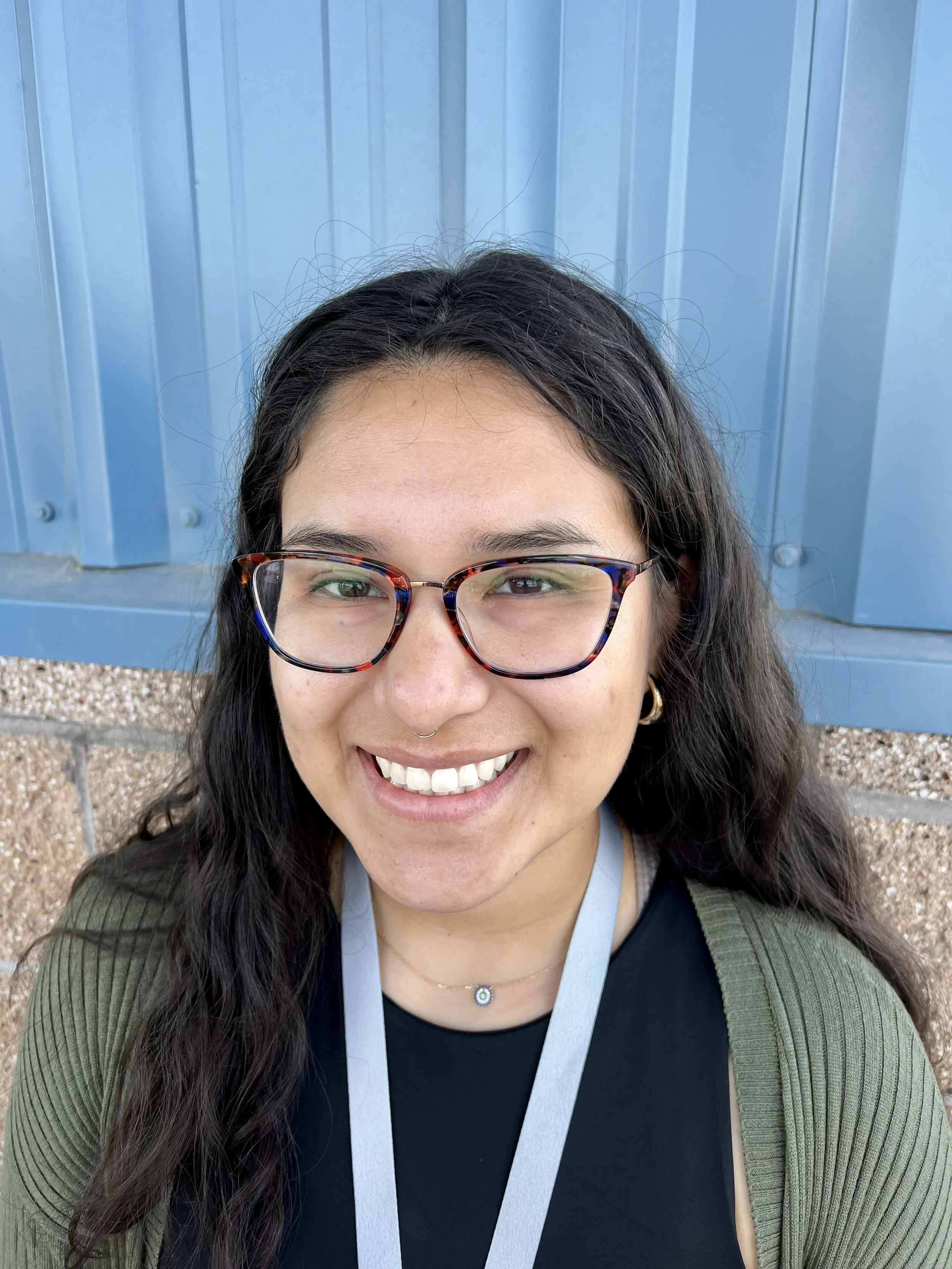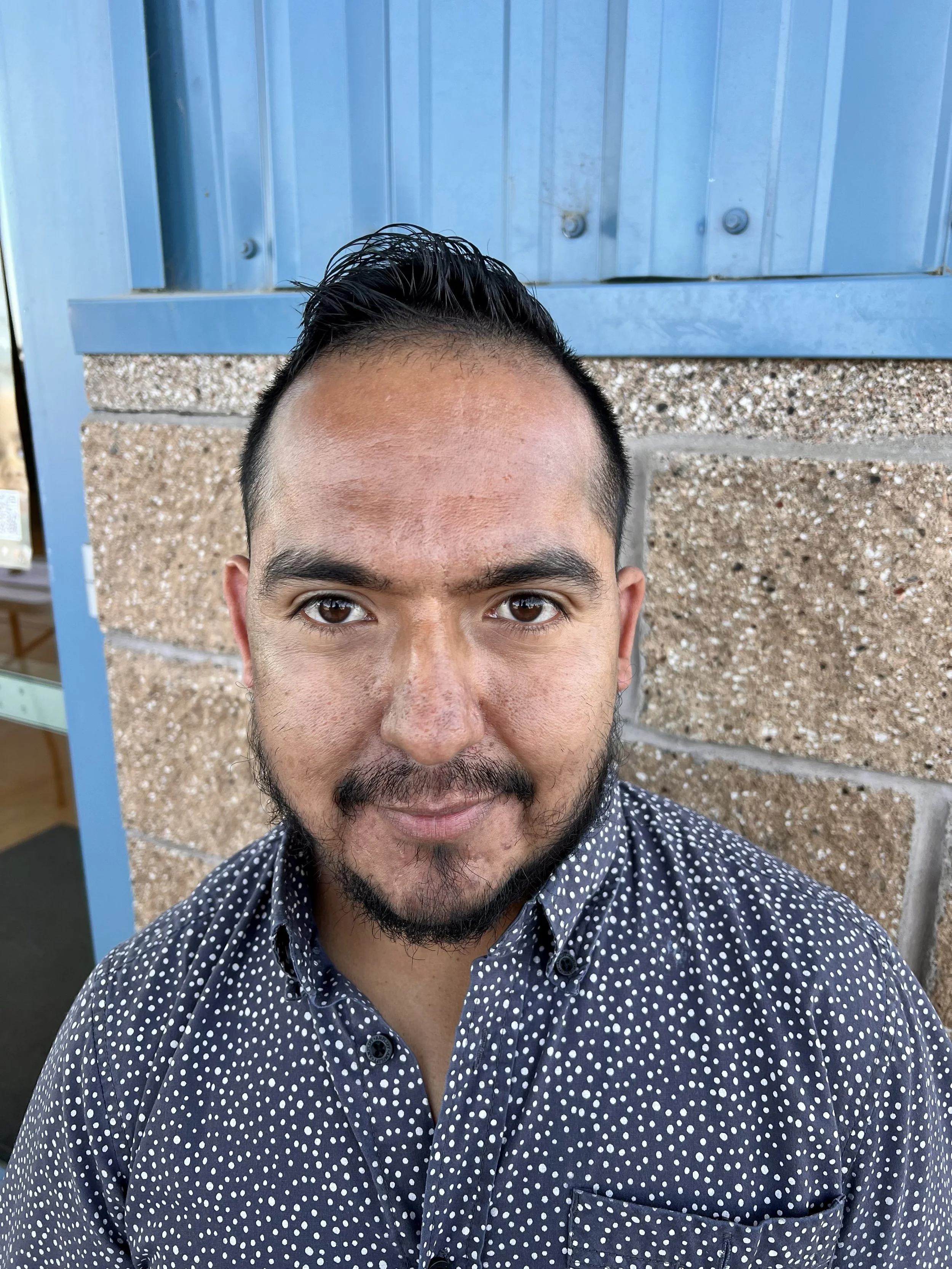Weld County Department of Public Health and Environment launch free health screening for Latinos
By Dan England
Advocates from Weld County’s health department gathered in Milliken in late September to deliver the same lifestyle messages we’ve all heard from our doctors, teachers and maybe even our parents. Only this time, they delivered them in Spanish.
The free health screening was the first in a series as part of a new initiative designed to build trust among Latinos in Weld County. They checked residents, most of them primarily Spanish speakers, for cholesterol, blood sugar and blood pressure and delivered messages on how to make those numbers better.
The messages have been revamped a bit: Now health workers emphasize lifestyle choices, such as exercise and getting out in nature, as well as a better diet, getting enough sleep and reducing stress. Still, the basic idea remains the same: More fruits and vegetables, watch your portions, exercise is crucial, that sort of thing. It’s the same message we all need to hear, said Eric Aakko, spokesman for the health department, as more than 80 percent of chronic disease is tied to those difficult lifestyle choices we all struggle with everyday.
It’s important to present solutions, Aakko said.
Selena Balderas
The urgency, however, is a touch stronger for Latinos. The rates of chronic disease are higher among Latinos than non-Latinos in Weld County. Their rate of diabetes, for instance, is 16%. That’s compared to 10% for non-Latinos. That may not seem significant, but diabetes is not only an indicator of other problems, it’s a chronic problem known to shorten lives.
Latinos also don’t receive health screenings at the same rate as non-Latinos. While many people are hesitant to go to the doctor, that hesitancy is particularly prominent in Latino men.
“There’s a machismo there, a pride,” said Selena Balderas, a community health worker for the department.
Aakko said the health department noticed a deeper mistrust among Latinos during the pandemic than it originally thought, with widespread vaccine hesitancy that didn’t have anything to do with politics. Reasons for that include a fear of being deported or having to show identification for the vaccine.
“There was a real challenge getting them connected with vaccines,” he said.
There are also financial barriers, as household income among Latinos tends to be lower than their non-Latino counterparts. Balderas’ mother struggles with heart disease and diabetes, but she had to wait a few years to get on Medicare before she could seek treatment because health care, even just insurance, was too expensive. Many times as well, low-income neighborhoods create barriers on their own, as they typically are so-called food deserts miles away from fresh produce and don’t have safe places to walk. Greeley is aware of the issue and is taking small steps to address it — there’s a Natural Grocers in downtown Greeley now, and the city built walking trails and a natural playground in east Greeley — but the barriers remain.
Perhaps the most challenging issues to helping Latinos get healthy are the cultural differences Balderas hinted at. That’s why she and Juan Gomez were leading the screening instead of Aakko, who is white. They have the credentials — Gomez has a doctorate — but as Latinos, they also have the cultural experience.
Gomez said the Latino diet can be an especially difficult hurdle. Yes, it tastes good: Gomez grinned, in fact, when he remembered some of his favorite foods. He loves all that grease and lard as well. But Latinos prize their cooking as a way of life, he said, not just a delicious meal, and removing the unhealthy stuff feels like changing their culture, not just their lifestyle.
“It doesn’t taste the same,” Gomez said. “It doesn’t taste like home.”
Juan Gomez
He and Balderas try to show there are low-fat alternatives, such as spices, without losing the recipes passed down for generations. They just want to change how Latinos eat, they don’t want to change their heritage.
“We won’t be cooking an American diet,” Balderas said. “You can still use tortillas, but in moderation.”
The screenings are really just a start, Aakko said, because following up is even more important than telling a few people they have high blood pressure. Health workers such as Balderas and Gomez will call patients and, in some cases, set up appointments with doctors to help them address the problems presented at the screenings. Many times Latinos know there’s an issue, as they know they’re overweight, don’t feel good or in pain, but they don’t know where to go or what to do, said Kelly Martinez, a health education manager for the department.
The Weld Food Bank also came to the screening to educate Latinos about their services, and health workers have started walking groups in neighborhoods. Some even hope to start Zumba classes, as those incorporate dancing — including the kind you might find in a salsa club — along with some music played and influenced by Latino stars.
“They’ve been told those are more fun,” Aakko said.
To learn more
For more information about future health screenings and other services, go to https://www.weld.gov/Government/Departments/Health-and-Environment or call (970) 400-2325.


